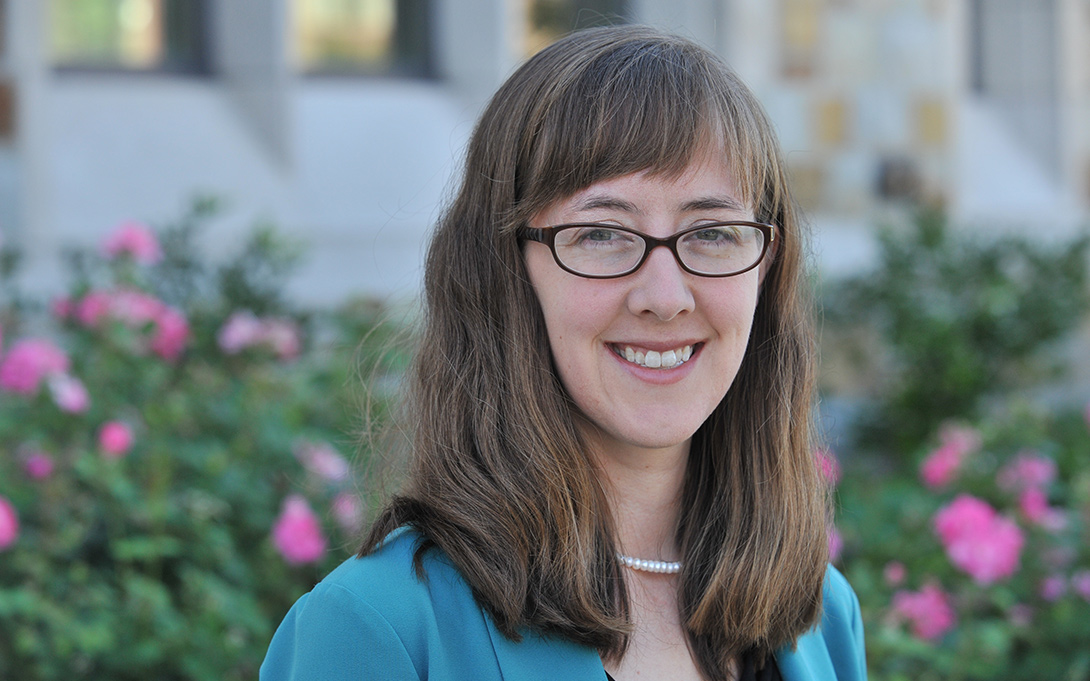
Since publishing her latest paper in January, Professor Catherine Hausman’s analysis of the financial incentives, or lack thereof, to plug methane leaks for utility companies has received immense attention for the potential impact on environmental and regulatory policy.
Professor Hausman and co-author Lucija Muehlenbach from the University of Calgary determined that “Natural gas distribution firms lack incentives to reduce methane leaks, which contribute to climate change.” Contrary to the deregulatory position of the American Petroleum Institute (API), Professor Hausman calls for more up-to-date regulations that forward cost-effective procedures for the oil and gas industry that also benefit climate change initiatives.
Professor Hausman told Michigan News that “Understanding the market forces surrounding these emissions is a crucial component of climate policy.” Professor Hausman’s paper and the conclusions have appeared on pro-conservation sites such as Energy Wire for E&E News and other sites that celebrate new innovative scientific research such as Science X and ScienceBlog The global implications of Professor Hausman’s remarks for Michigan News also appeared on InfoSurHoy, an online publication that focuses on science, health, and technology stories in Latin America and the Caribbean.
Professor Hausman’s paper is of immense value in the recent regulatory debates for the oil and gas industry. Rosalie Winn’s blog for the Environmental Defense Fund scrutinizes the deregulatory advocacy of the American Petroleum Institute (API) and the EPA’s tacit support of API. Contrary to scientific findings, API has long asserted that methane gas does not contribute to greenhouse gas emissions and that voluntary decisions to fix methane leaks within the industry are sufficient measures.
Professor Hausman’s findings, however, directly refute API’s position. In reality, methane traps “80 times as much heat in the atmosphere as carbon dioxide over a 20-year period.” According to Professor Hausman’s analysis, “pure market mechanisms do not account for the harm to society from methane, and are therefore insufficient to drive the emissions reductions that are needed from the industry.”
Even more indicative of the extensive impact of Professor Hausman’s work is the appearance of her work in Michigan Ag Connection which emphasizes the agricultural connection at the federal, state, and local levels.
Click here to review Professor Hausman’s comments in the Michigan News release which reappears on ScienceBlog, Infosurhoy.com, PHYS.ORG for Science X, and Michigan Ag Connection. To read more on the relationship of Professor Hausman’s work and regulation in the oil and gas industry, click here for Rosalie Winn’s EDF blog. Or click here for Energy Wire’s coverage of Professor Hausman’s paper.

